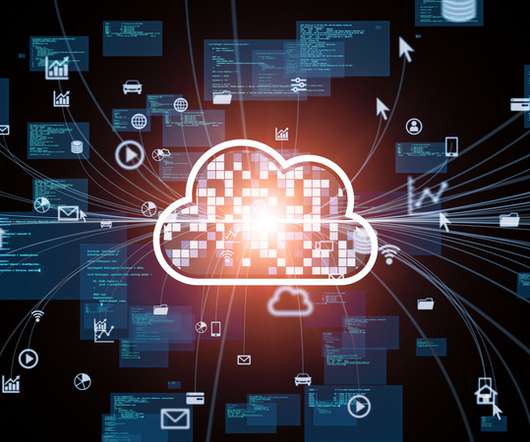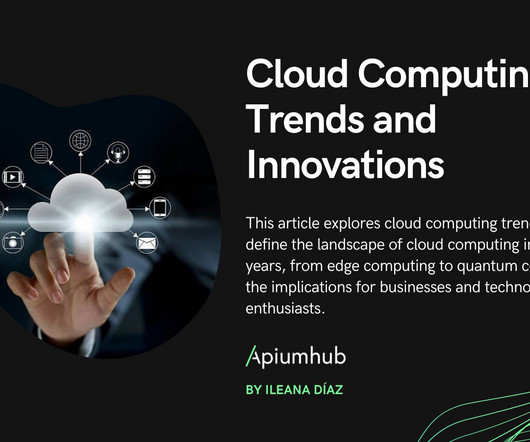AWS vs. Azure vs. Google Cloud: Comparing Cloud Platforms
Kaseya
MAY 13, 2021
In this blog, we’ll compare the three leading public cloud providers, namely Amazon Web Services (AWS), Microsoft Azure and Google Cloud. A subsidiary of Amazon, AWS was launched in 2006 and offers on-demand cloud computing services on a metered, pay-as-you-go basis. What Are the Disadvantages of Azure Cloud?














Let's personalize your content